Optimal Timing for Barn Siding Installation

Spring offers moderate temperatures and longer daylight hours, making it ideal for barn siding projects.

Summer provides warm weather, but high humidity and heat can affect installation conditions.

Fall's cooler temperatures and dry conditions help ensure proper siding adhesion and longevity.

Ways to make Barn Siding Installations work in tight or awkward layouts.
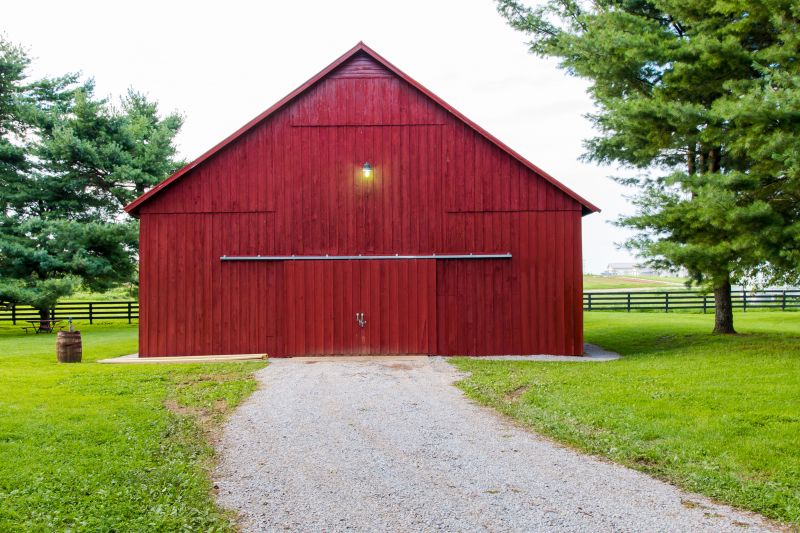
Popular materials for Barn Siding Installations and why they hold up over time.
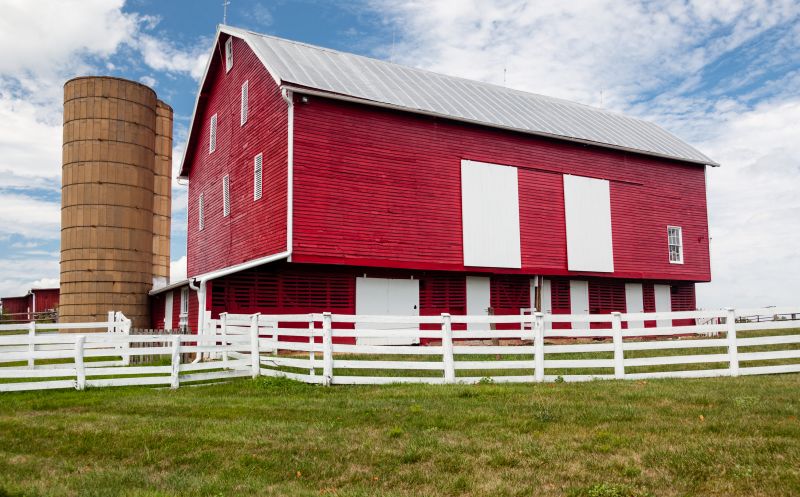
Simple add-ons that improve Barn Siding Installations without blowing the budget.
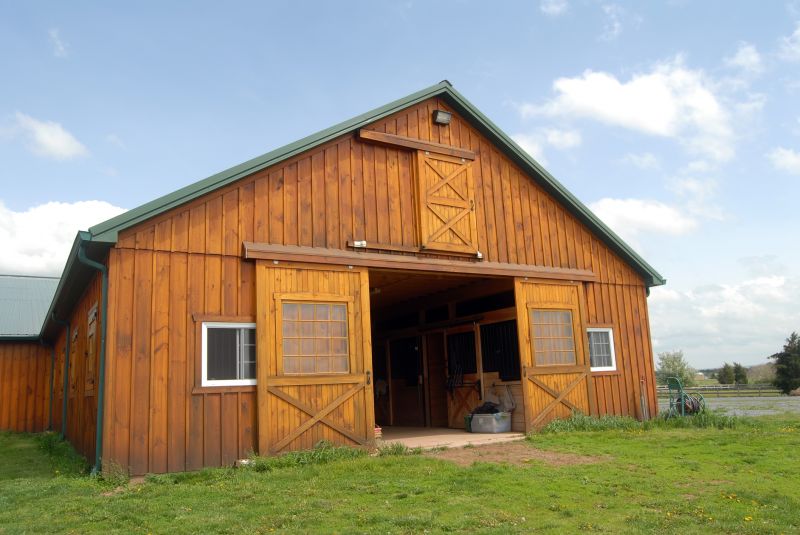
High-end options that actually feel worth it for Barn Siding Installations.
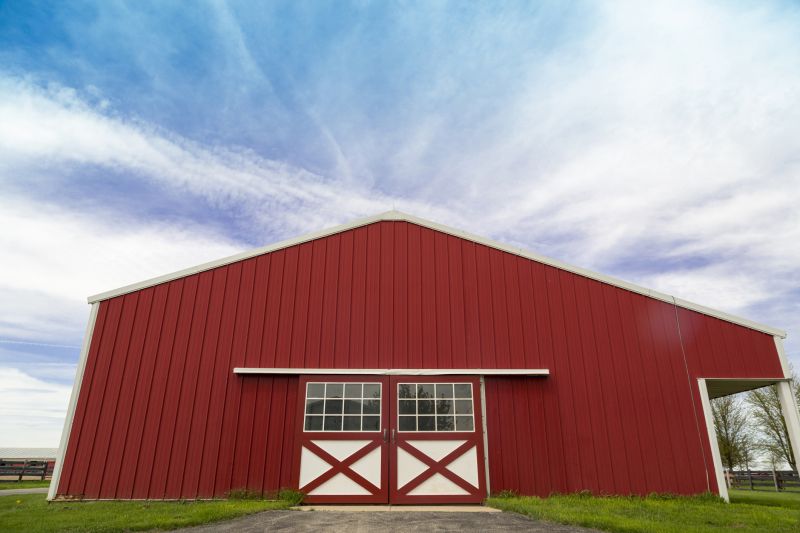
Finishes and colors that play nicely with Barn Siding Installations.
Barn siding installations are influenced by weather conditions, material choices, and project scope. Proper timing can enhance the durability and appearance of the siding. Typically, the best periods are during mild weather with low humidity, which reduces the risk of warping or adhesion issues. Spring and fall are often preferred because of their moderate temperatures and dry conditions. Summer may be suitable if humidity levels are low, but extreme heat can pose challenges. Winter is generally avoided due to cold temperatures and potential moisture issues, which can compromise siding quality.
Avoid installing during heavy rain or snow to prevent moisture-related problems.
Ensure siding materials are acclimated to the environment before installation.
Schedule installations during periods with consistent weather forecasts for best results.
Extreme temperatures can affect siding expansion, contraction, and adhesion.
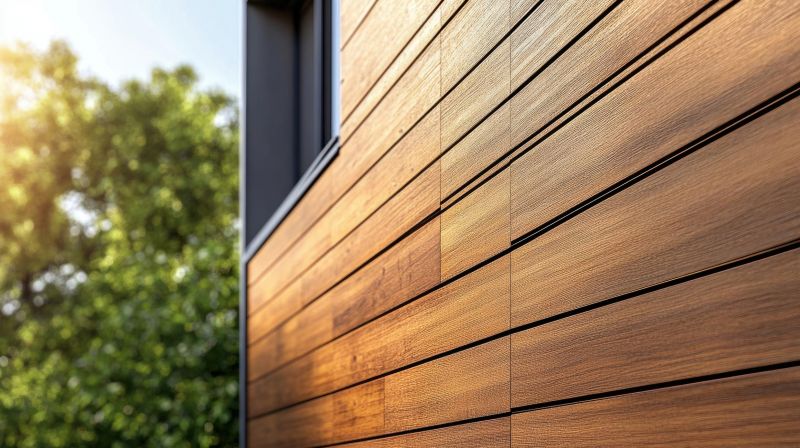
New siding installed in spring benefits from mild temperatures and dry conditions.
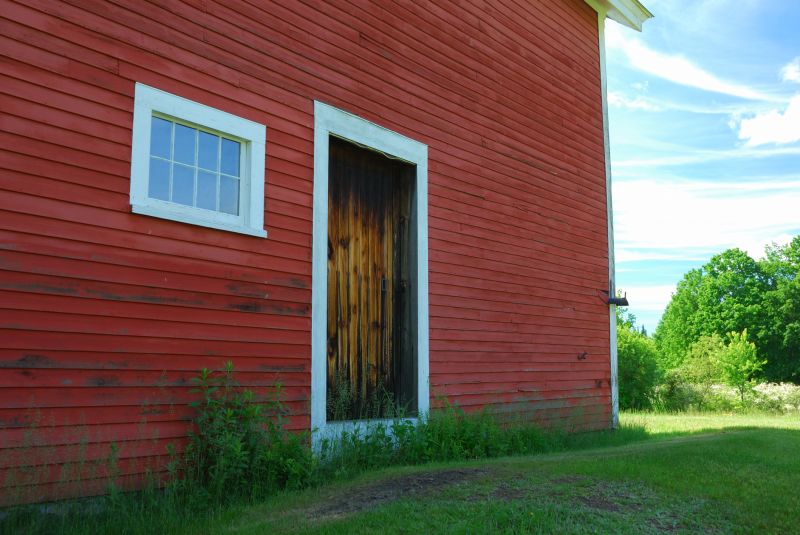
Summer installations require attention to humidity and heat management.
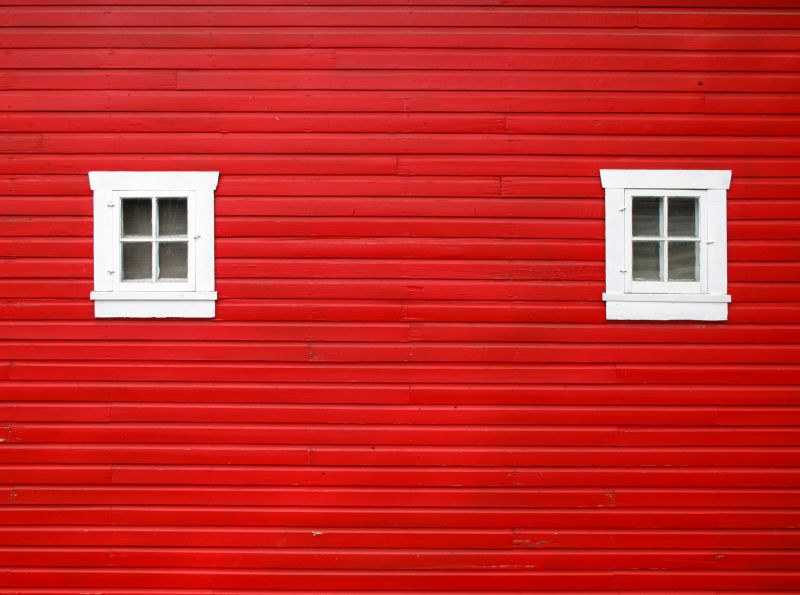
Fall provides ideal conditions with cooler, dry weather for siding work.
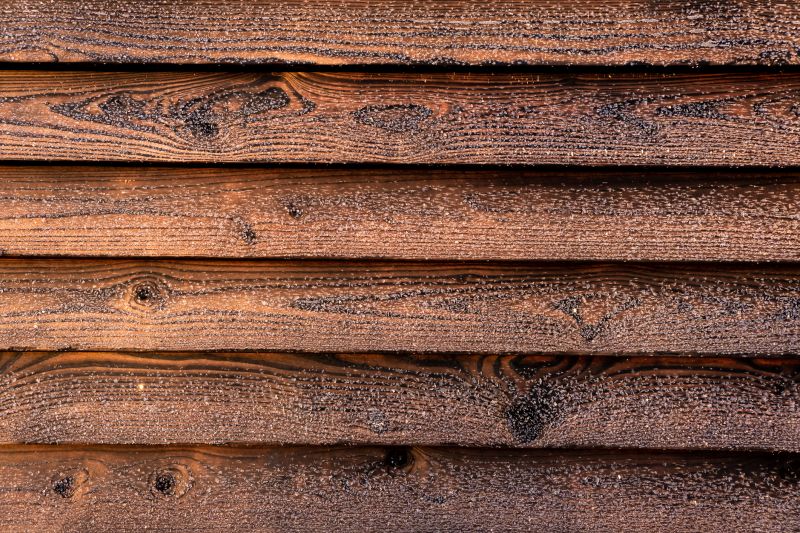
Winter is generally not recommended due to cold and moisture risks.
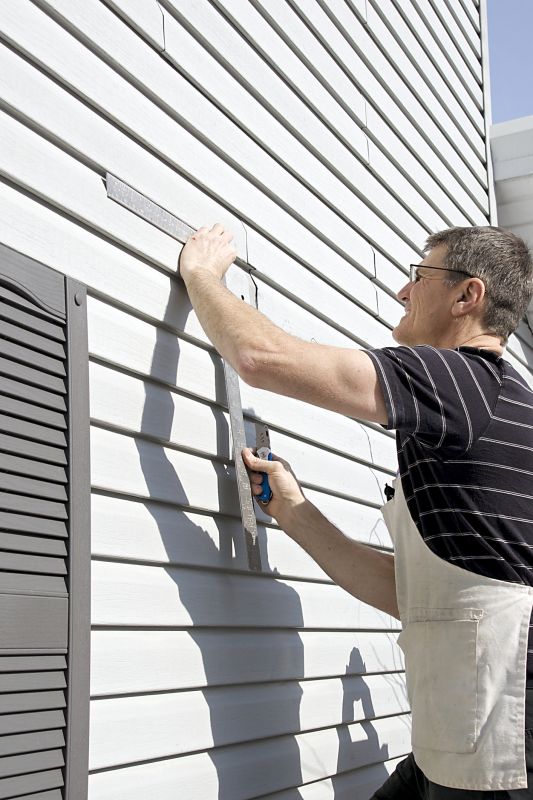
Little measurements that prevent headaches on Barn Siding Installations day.
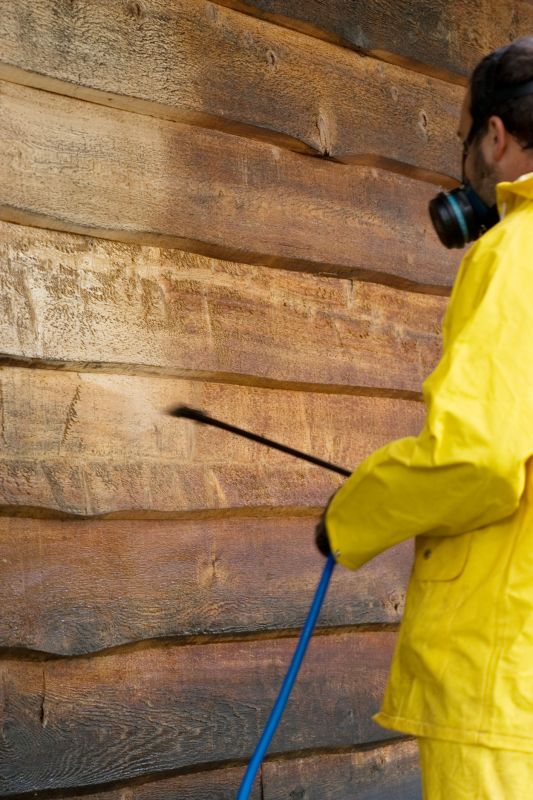
A 60-second routine that keeps Barn Siding Installations looking new.
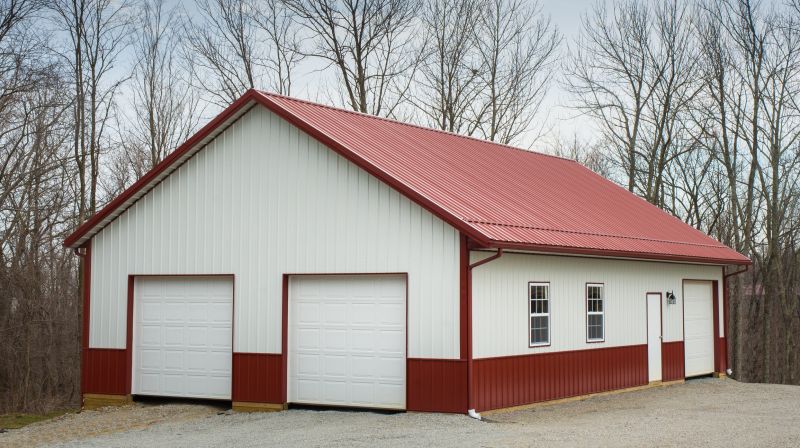
A frequent mistake in Barn Siding Installations and how to dodge it.
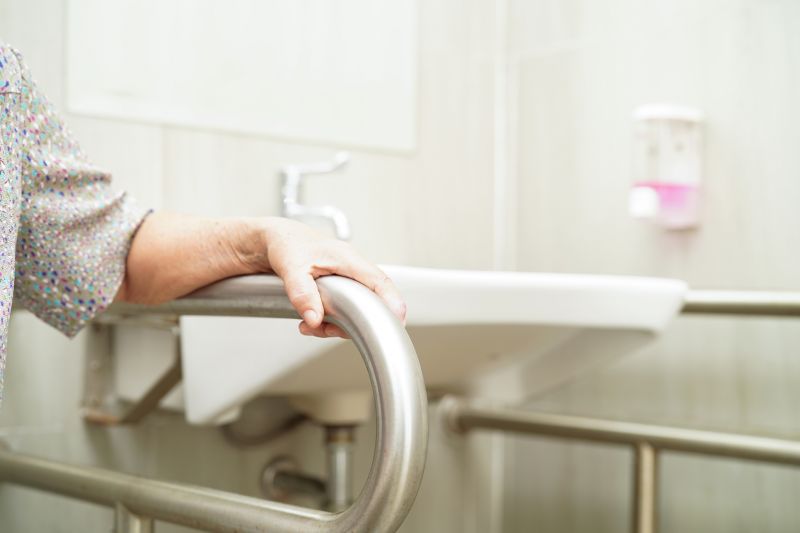
Small tweaks to make Barn Siding Installations safer and easier to use.
| Season | Optimal Conditions |
|---|---|
| Spring | Moderate temperatures, low humidity, dry conditions |
| Summer | Warm weather, low humidity, avoid extreme heat |
| Fall | Cooler temperatures, dry weather, ideal for installation |
| Winter | Cold temperatures, high moisture risk, generally discouraged |
